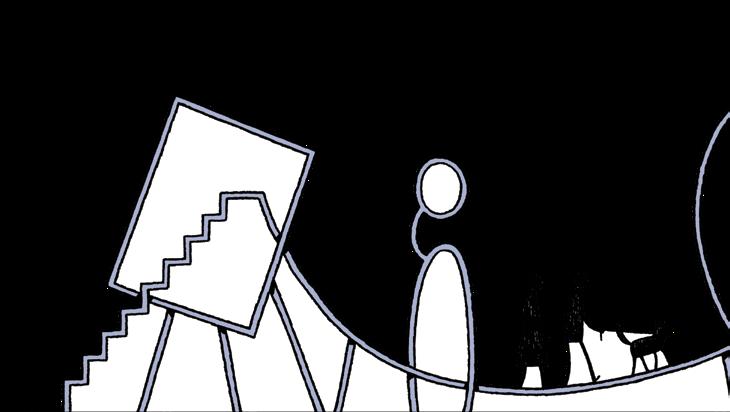
3 minute read
Churchill’s Shadow, by Geoffrey Wheatcroft
Books
Sacred monster
Advertisement
FERDINAND MOUNT Churchill’s Shadow: An Astonishing Life and a Dangerous Legacy By Geoffrey Wheatcroft Bodley Head £25
‘I dislike the father and dislike the son,’ said President Theodore Roosevelt. Both Lord Randolph and Winston possessed ‘such levity, lack of sobriety, lack of permanent principle and an immoderate thirst for that cheap form of admiration which is given to notoriety, as to make them poor public servants’. Winston’s book about his father was ‘a clever, forceful, rather cheap and vulgar life of that clever, forceful, rather cheap and vulgar egoist’.
How startled Teddy would have been to learn that young Winston was to win the Nobel Prize for Literature and that a century later, long after his death in 1965, a passionate Churchill cult was still growing on both sides of the Atlantic. He would find the White House full of busts of Churchill and presentation copies of his works.
President after President claimed to be inspired by Churchill’s example: Truman, Kennedy, LBJ, Reagan, Clinton, both Bushes. After 9/11, Winston’s grandson hailed Rudy Giuliani as ‘Churchill in a baseball cap’. Both Bibi Netanyahu and Yasser Arafat (despite Churchill’s notorious loathing of all Arabs) modelled themselves on the figure with the fat cigar who now glares out at us from our slippery new fivers. After watching Darkest Hour, the former Governor of Arkansas tweeted ‘in @ realDonaldTrump we have a Churchill’.
Winston worship is one of the most fascinating phenomena of our times. That posthumous afterglow is what Geoffrey Wheatcroft started to write about, as what Keynes called ‘a historian of Opinion’, attempting to see Churchill through the eyes of his contemporaries and of posterity.
But then he saw that those opinions can be properly understood only if we understand the events that sparked them. So three-quarters of this fascinating book has turned out to be a biography and the last 100-odd pages the history of the cult and its dangers.
Wheatcroft claims that his is not a hostile account, or consciously ‘revisionist’ or ‘contrarian’. And it’s perfectly true that almost all the facts and anecdotes recorded here are also to be found in Andrew Roberts’s massive, hero-worshipping tome, which is twice as long. Quite a few of them feature too in Boris Johnson’s bestselling The Churchill Factor, about which it would be kind to say that, like much of Churchill’s own oeuvre, it must have been largely ghost-written – were it not for the clunking asides that pepper the work and which can be only the author’s own.
But the same material is presented here without varnish or extenuation, and often to deadly effect.
Churchill did have a terrible start. Jenny and Randolph were a ghastly couple – selfish, spoilt and immoral, alternately bullying and neglecting the boy. No wonder he set out on adult life with an unappeasable determination to prove himself and become a great man.
But not every resentful go-getter burns Afghan villages with such relish; or shares the ‘keen aboriginal desire to kill several of these odious dervishes’, as Churchill writes to his mother from the Sudan; or says at the height of the slaughter in the trenches, ‘I would not be out of this glorious delicious war for anything the world can give me.’
In war, he favoured the most ruthless means available. As early as October 1917, he was recommending to the Cabinet that they drop ‘not five tons but five hundred tons of bombs each night on the cities and manufacturing











